Clitoris pain (clitorodynia) Overview
Clitoral pain is also called clitorodynia. The pain is mainly characterized by intense and frequent episodes unprovoked or provoked by certain stimuli. It leads to significant impairment of daily activities along with sexual functioning. The pain may occur at a particular site (in the clitoris) or with surrounding genitals.
Causes of Clitoris Pain in Women
There are various causes of pain in the clitoris; some of the most common ones are:
- Infection in the genitals, particularly the clitoris
- Injury to the clitoral tissues
- Certain skin diseases or conditions
- Sexual trauma (sexual abuse and, in some cases, rough sex) may cause injury to certain intimate regions of women leading to clitoral pain.
- Vaginal infection: Infections of a urinary tract called UTIs, yeast infections, bacterial vaginosis (BV).
Painful clitoris while urinating
Infections of the urinary bladder or other parts of the urinary system like ureters are UTIs (Urinary tract infections) that may cause burning and painful clitoris while urinating.
Itchy painful clitoris
- Itching of the clitoris may frequently occur as the clitoris is highly sensitive because of numerous nerve endings present in the clitoris. Clothing, infection, or injury may irritate the region and cause itching.
- A moderate level of clitoral may happen in case of sexual arousal or frequent stimulation due to increased sensitivity in such situations.
- Another reason for clitoral itching is a regional yeast infection or thrush that makes the clitoris and surrounding vulva region itchy and painful.
- Bacterial infections are also the cause of vaginal itching. For example, BV or Bacterial vaginosis causes clitoral itching.
Different types of treatment options to get rid of clitoral itching are :
- Medical treatments to help with painful clitoris
- Home remedies or treatments to help with clitoral pain
Some of the medical treatments to help with painful clitoris include:
- Antibiotics
- Antivirals
- Antifungals
Antibiotics: For treating bacterial infections of the clitoris like BV, STIs, UTIs, and rashes, antibiotics are prescribed by doctors. To help clear off the infection and resolve the associated pain, antibiotics are the first to opt medicines.
Antivirals: Painful clitoris may also result due to viral infections, and they are treated by antiviral medications. Certain viral infections include sexually transmitted diseases, herpes infection causing pain and unusual skin appearance.
Antifungals: Fungal infections may occur on the clitoris due to unhygienic conditions or immunocompromised individuals treated through antifungal medications.
Home Remedies to Treat Pain Clitoris
Treatments that can be tried at home to help with the clitoris pain
Cold compresses
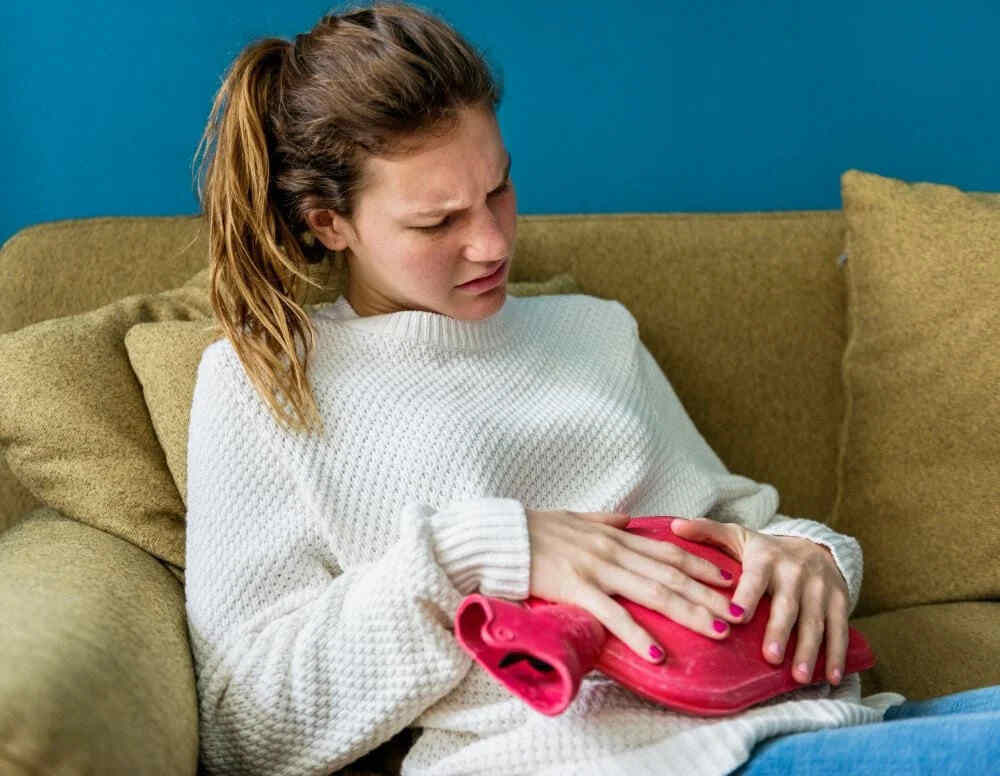
Gel packs
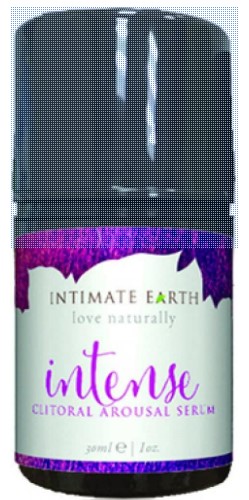
Sitz bath
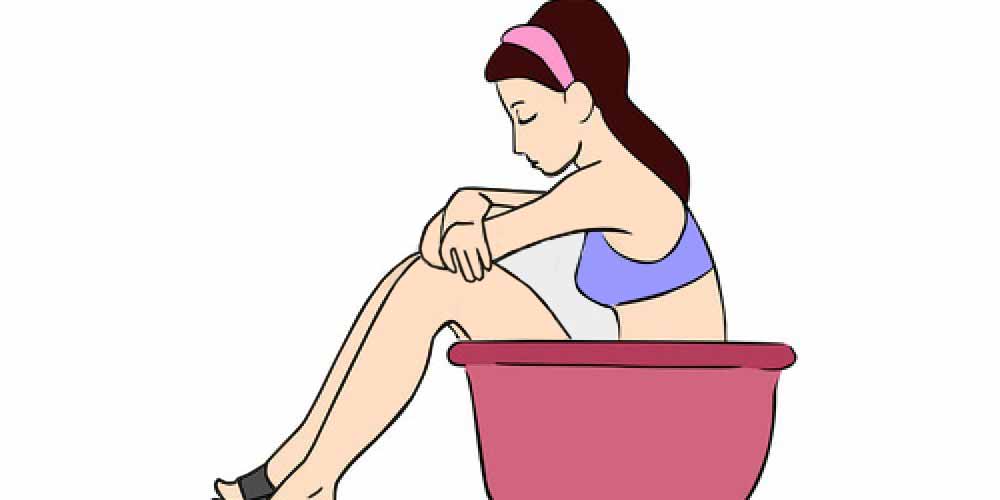
Heat pad
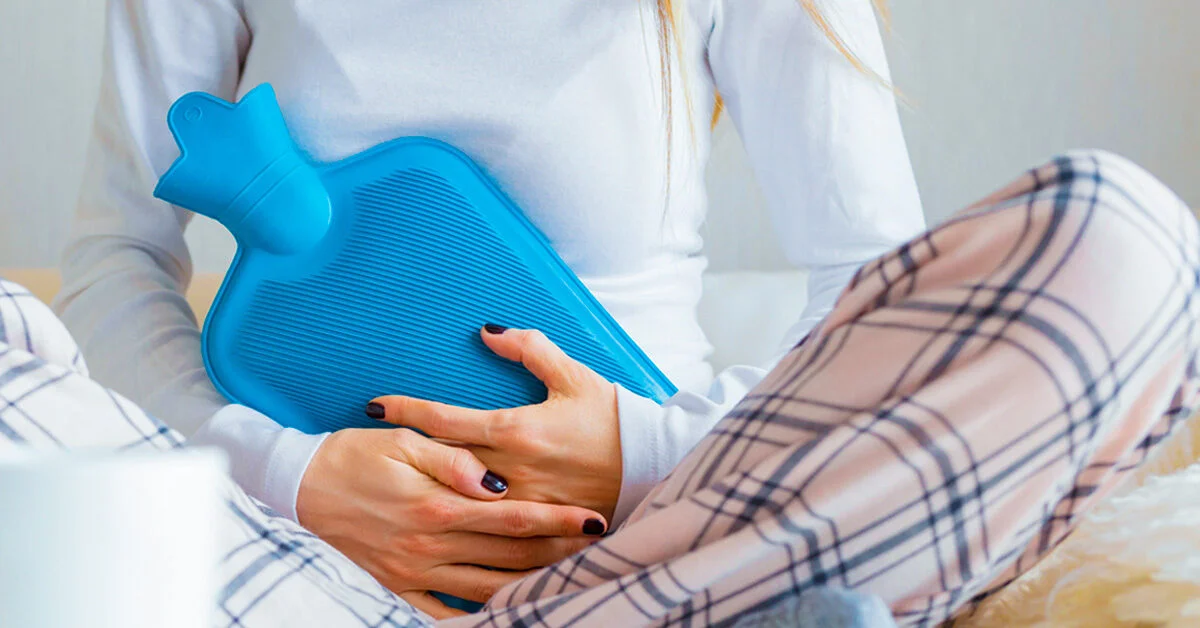
Genital washing
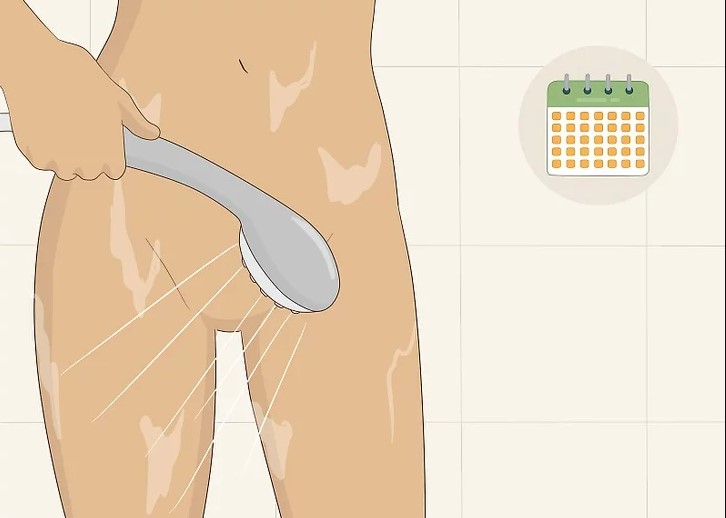
Applying petroleum jelly
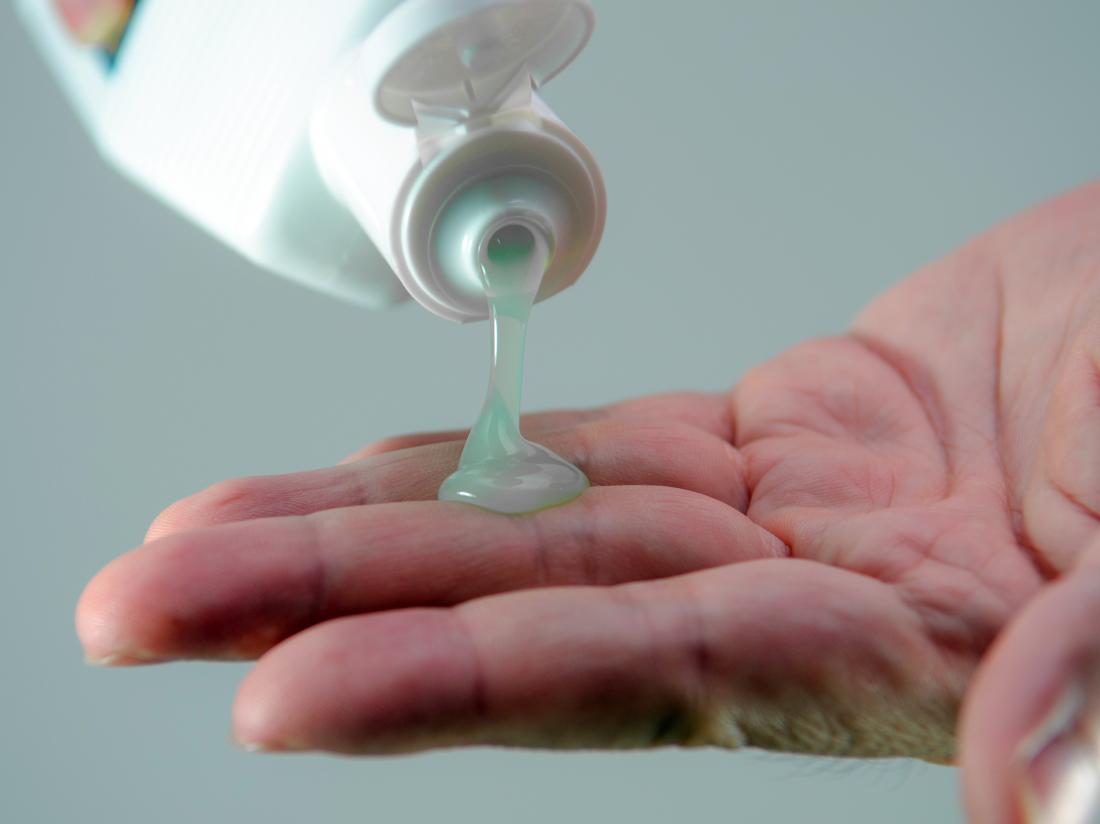
Note: To ease the clitoral itching and pain, gel packs or cold compresses are placed on the clitoris and the external genitalia. The placement of cold packs must not be directly on the intimate region.
- Pain in the clitoris can also be eased with a sitz bath that allow soaking of the clitoris and other vulvar regions. Sitz baths are taken at least for 5-6 minutes each time.
- A heating pad provides topical heat for reducing pain and can be used to help heal the clitoris.
- Keep the genitals clean by washing the intimate areas gently after using the toilet. This will help in reducing itching and irritation because of accumulated germs. In healthy conditions, mild soaps can be used, but if there is any itching, only water should be used for washing and cleaning.
- Pat dry the area after every wash to prevent moisture in intimate regions, as moisture may lead to the growth of various harmful microbes.
- Petroleum jelly or natural vegetable-based cleansers or oils can be used to make a protective barrier for the skin of an intimate region.
Pain Relieving Medication For Clitoris
Pain relievers: The medications that help reduce pain and inflammation of the genitals, like the clitoris in females, like nonsteroidal anti-inflammatory drugs. These medications are available over the counter but should not be taken without a doctor’s consultation.
Anticonvulsants: These medications help women get rid of nerve pain in the clitoris, as it has many nerve endings that might hurt due to various reasons.
Antidepressants: Antidepressant medicines help with chronic and nerve pain in the clitoris.
What other symptoms might occur with clitoris pain?
Some other symptoms that might follow clitoris pain:
- Fever
- Chills
- Pain while having sex
- Rashes on intimate regions
- Trouble urinating
- Numb clitoris
- Tingling in and around the clitoris
Symptoms that indicate a serious health issue
- Fever more than 101°F
- Rapid heartbeat
- Severe pains (in the back, pelvic region, and stomach
When to see a doctor
Clitoral itching may be caused due to slight irritation that may be treated with easy home remedies. In case the symptoms do not go away with the home treatments and get worsen, then consult a doctor:
- Severe pain
- Unusual itching
- Foul odour
- Clitoral burning
- Sores on clitoris
- Blisters in and around the clitoris
You May Also Like
Frequently Asked Questions
The painful or hurt clitoris might indicate injury to the clitoral tissue, infection in and around the area or certain skin problem
Clitorodynia is the clitoris pain that hampers daily activities and creates problems in taking a shower or having sex or even pain while walking swiftly. In some cases, the pain is followed by burning and itching.
Orgasm is the act of stimulating muscles and nerves of the associated tissues, here, the clitoral tissues and nerves. The contraction of muscles causes muscle cramps and pain. This is the same with the clit, which makes it painful after orgasm and stimulation.
The doctor must be consulted in severe pain and itching in the clitoris. If it doesn’t seem like a complicated health problem, feeling shy to discuss the condition might cause exaggeration. Glamyo health provides free female gynaecologist consultations.
Get the lumps examined by an expert gynecologist if they hurt or restrict your sexual activity. A physical examination of lumps around the vagina near the clitoris is important. See for a few days if they go on their own otherwise, get treatment.


